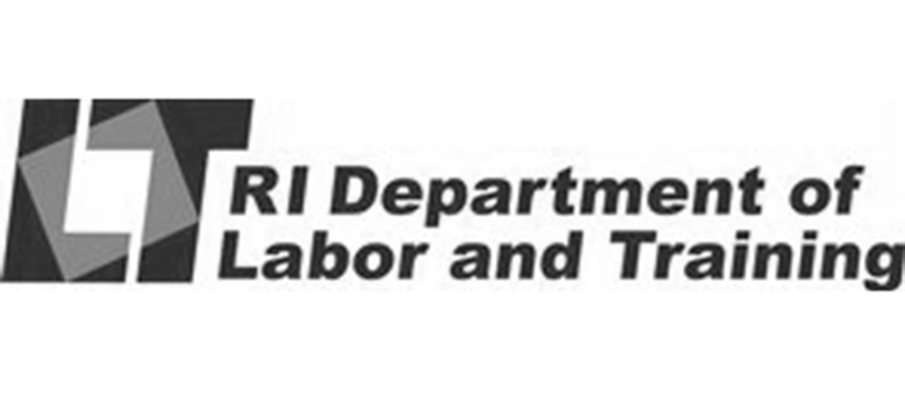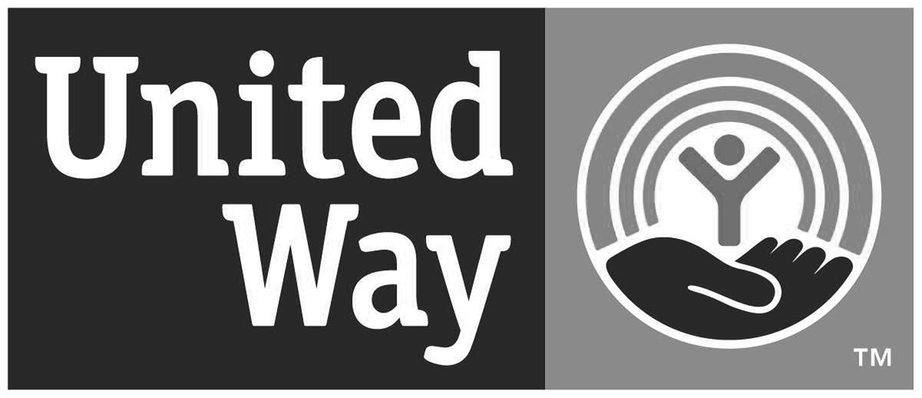An Overview of Adult Education's Skill Levels
Broadly, Adult Education includes:
Adult Basic Education (ABE) -- academic skills covered in K-12 grades 1 through 8.
Adult Secondary Education (ASE) -- academic skills covered in grades 9 through 12. Many of these learners still need a credential, such as a GED. They may be participating in Adult Education's "Transition to College" program (to reduce resources expended on college-based remediation), or industry-specific contextualized instruction in healthcare, food services, hospitality and construction.
English as a Second Language (ESL) -- for adults learning English. ("ESL" is a federal definition; in fact, many learners speak several languages already.)
Adult Education's measure of success is proof, by post-test, of the learner's having advanced by at least one Educational Functional Level (EFL), equivalent to two K-12 grades. (College remedial classes do not certify their effectiveness with a post-test.)









